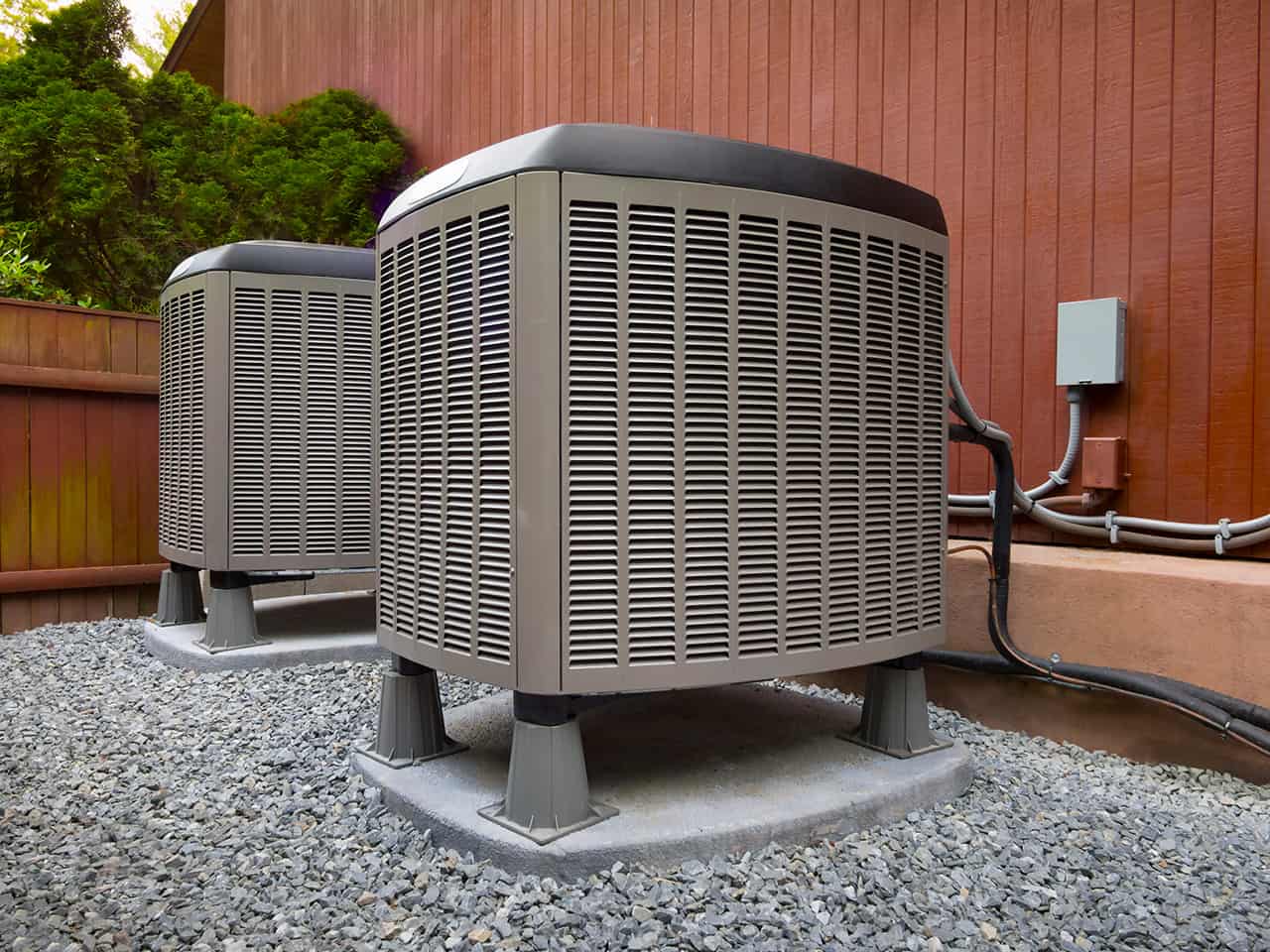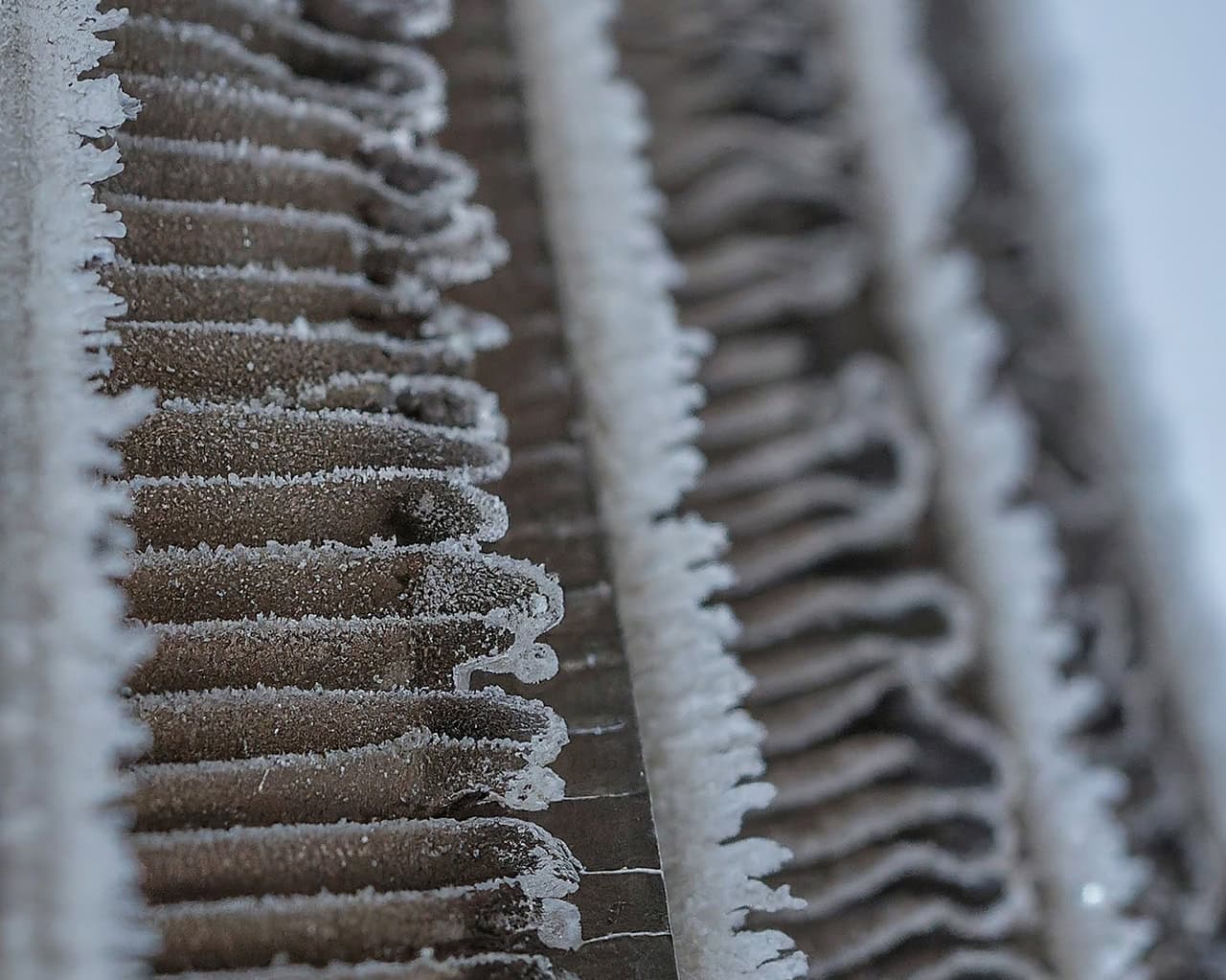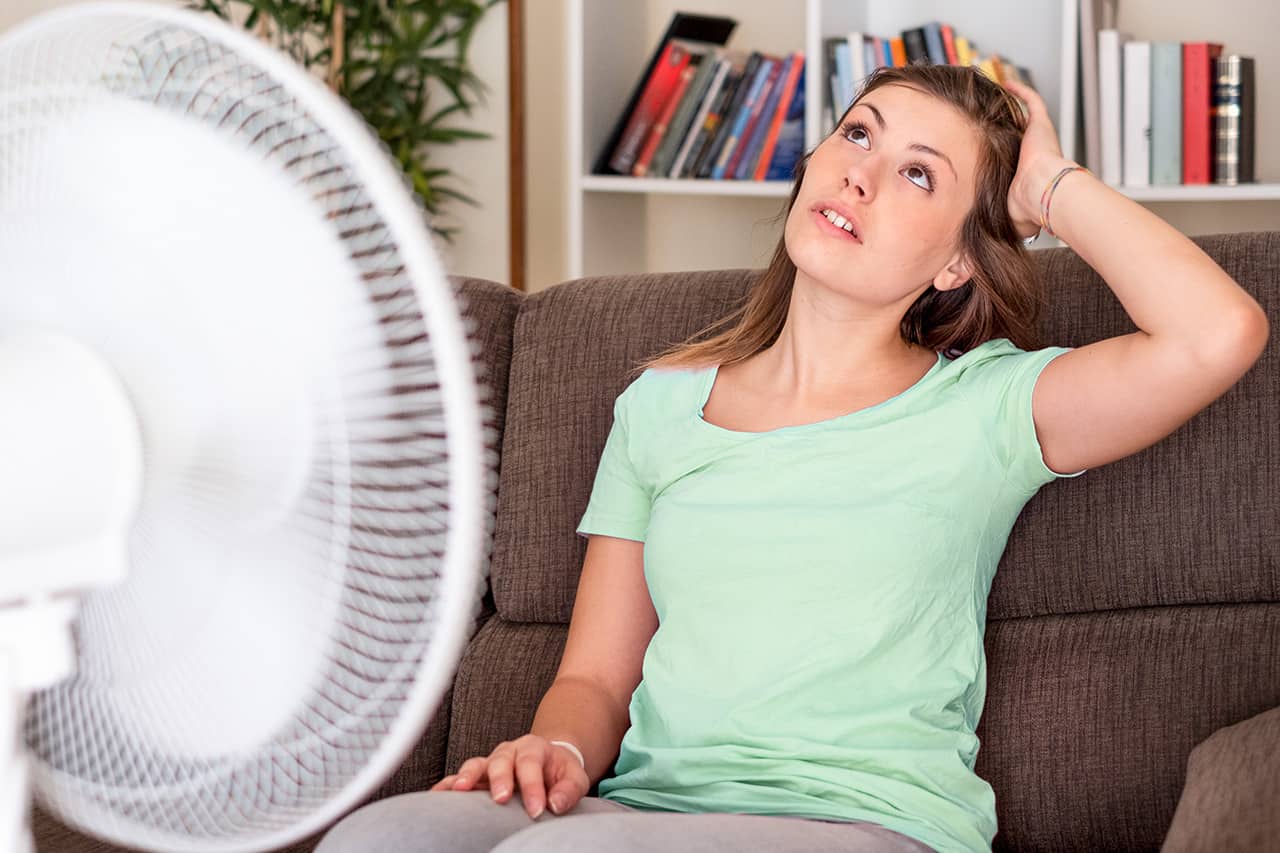
Are you considering upgrading your home’s air conditioning system? If so, you may have come across the option of a variable speed AC system. But is it worth the higher cost? In this article, we will explore the benefits of a variable-speed AC system and whether it is a valuable investment for your home. From improved energy efficiency to consistent temperatures, we will delve into the technical aspects and provide you with the information you need to make an informed decision.
Key Takeaways
- Variable speed AC systems are the most efficient type of air conditioner.
- They provide even temperatures throughout a home and reduce energy costs, especially in hot climates.
- They are an attractive selling point for potential homebuyers and a long-term investment for homeowners staying in their current home.
- Other home updates for energy efficiency, such as air-sealing, updated window treatments, new insulation, and improved ductwork, can complement the benefits of a variable-speed AC system.
Understanding the Differences: Single-Stage vs. Two-Stage vs. Variable Speed Air Conditioners
Air conditioning is a critical component in most homes, providing much-needed relief during the sweltering summer months. Yet, when it comes to understanding the different types of air conditioning units, things can get a bit complicated. Whether you’re considering purchasing a new unit or just want to learn more about the system cooling your home, you’ll find the answers here. We’ll break down each type, discussing their workings, benefits, and potential drawbacks, allowing you to make informed decisions about your home’s cooling system.
Single-stage air conditioners are the most common and least expensive type of system. They run at a single speed until the desired temperature is reached, then shut off (unless the fan is manually kept running). However, they are not the most efficient for larger homes as they may struggle to regulate temperature evenly.
Two-stage HVAC system are more expensive than single-stage, but more efficient. They have two speeds, low and high, and can usually operate at 6o to 70 percent capacity while still maintaining a comfortable temperature.
Variable-speed air conditioner are the most efficient and expensive to install. Unlike the others, they can run at various speeds, often as low as 25 percent maximum capacity. This allows them to maintain a comfortable temperature while using very little energy.
Is it Worth It?
Is a variable-speed AC system worth it for your home? When considering whether to invest in a variable-speed AC system, it’s important to conduct a cost analysis and evaluate the potential energy savings. While variable-speed systems have a higher upfront installation cost, they offer significant long-term benefits. These systems operate at various speeds, allowing them to adjust their output based on the cooling needs of your home. This results in more even temperatures throughout your living space and reduced energy costs, especially in hot climates. Variable-speed AC systems are the most efficient type of air conditioner available. So, if you have a large home or live in an area with long, hot summers, the investment in a variable-speed system is definitely worth it. Additionally, it can be an attractive selling point for potential homebuyers, adding value to your property.
Benefits of Variable Speed
Experience the advantages of a variable-speed AC, as it evenly cools your space, reduces energy costs, and becomes a valuable asset when selling your home. With a variable-speed AC system, you can enjoy a comfortable temperature throughout your home, as it adjusts its speed to meet the cooling demands of each room. This ensures that no area is too hot or too cold. In terms of energy costs, a variable-speed AC system operates more efficiently than single-stage or two-stage systems. It can run at lower capacities, consuming less energy and saving you money in the long run. While the initial installation cost may be higher, the long-term savings from reduced energy bills make it a cost-effective choice. Additionally, having a variable-speed AC system can be an attractive selling point for potential homebuyers, increasing the value of your home.
Other Energy Efficiency Updates
Consider consulting with an HVAC contractor to assess your comprehensive cooling needs and explore other energy efficiency updates for your home. In addition to investing in a variable speed AC system, there are other updates, like installing a smart thermostat, that can significantly improve energy efficiency and reduce your cooling costs. One important update is air sealing, which involves identifying and sealing any air leaks in your home’s envelope. This prevents conditioned air from escaping and outside air from entering, resulting in more efficient cooling. Updated window treatments can also help by reducing heat gain from the sun. Adding insulation to your home can further improve energy efficiency by minimizing heat transfer. Lastly, improving your ductwork can ensure that cooled air is properly distributed throughout your home. Consulting with an HVAC contractor for a comprehensive cooling assessment will help identify the most effective updates for your specific needs and maximize energy efficiency.




